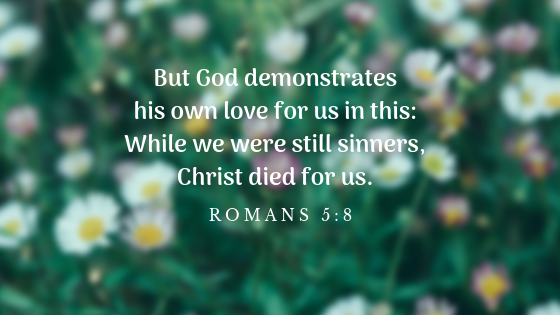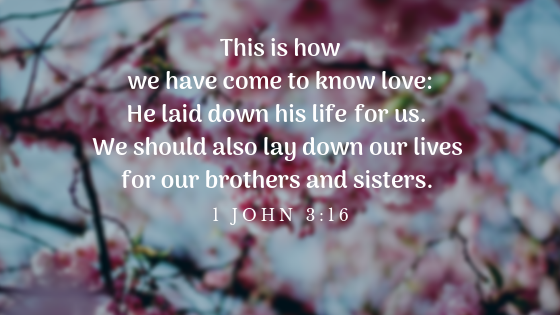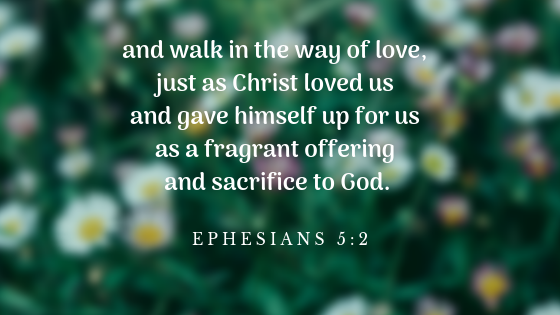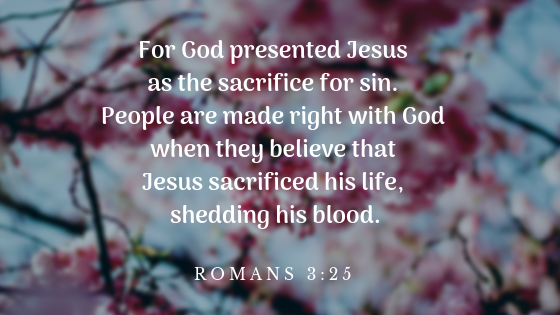Holy Week Devotional: Teaching Tuesday
Holy Week Devotional: Teaching Tuesday
Dear Readers,
I love Holy Week, intentionally setting aside time to remember the week before Christ died on the cross for our sins. Today I share from the Gospel Day-by-Day Devotional I wrote for my subscribers to celebrate Holy Week. If you don’t already have a copy and would like to follow for the rest of the week, be sure to subscribe now. You’ll also get a new free gospel-centered resource every month.
A few years ago, I realized I knew a lot about Palm Sunday and Good Friday, but I could never remember what Maundy (Thursday) meant, and I had little idea of what Monday, Tuesday, and Wednesday of Holy Week were all about.
I decided to spend some time with Jesus in the various gospels. With the help of some good resources, I read different accounts of the different days of Jesus’ last week of earthly life as a human.
I learned a lot about funny names of days I’d never heard, but the biggest thing I discovered was the good news of the gospel announced again in this astounding story.
This year I decided to rework and revise all of the devotionals for you, my wonderful Living Story subscribers. I urge you to set aside twenty minutes each day of Holy Week to remember the strange and wonderful events. This guide includes:
- links to Scripture
- a very quick devotional with gospel implications
- a brief prayer
I hope you enjoy using it as much as I enjoyed making it! Please feel free to contact me if I can help you!
Teaching Tuesday
Historically, there is no name assigned to Tuesday, so I chose these names myself (can you tell!?!). Jesus continues teaching—both his disciples and the religious leaders who are trying to trap him.
- Jesus teaches the disciples: Mark 11:20-25.
Passing the cursed fig tree on their way back to Jerusalem, the disciples notice it is now withered. Jesus gives a brief but significant lesson on faith, prayer, and forgiveness.
Gospel implication:
The disciples will soon face a task that will seem far more impossible than praying a mountain into the sea. In Jesus’ dark-houred death, they will desperately need faith that hope will rise again.
They will come to know that Jesus’ death and resurrection profoundly changes their story: they are forgiven, freed of sin, guilt, and death; and they are empowered to forgive others.
- Jesus teaches the religious authorities trying to trap him: Mark 11:28-12:40; Matthew 23:39.
The religious leaders question Jesus’ authority: who authorized him to take the actions in the temple? In the sections that follow, Jesus pulls out all of his teaching stops: questions, parables, illustrations, and finally, the provocative “woes” of Matthew 23:1-37 (WHOA!). We might say Jesus had a “come-to-Jesus” meeting with them.
Gospel implication:
Jesus, knowing his teaching will further enrage them, persists in pointing them (and us) to their/our desperate need for a Savior. God’s grace is the only hope for their/our hardness of heart, self-righteous attitude, and stubborn refusal to see.
Prayer
Lord, forgive us for our lack of faith and forgiveness. Soften our hearts that we may see our sin. When we doubt your strength and might, help us to remember that you are the God who raised Jesus from the dead. Help us to trust you enough to forgive others and to pray with the faith that moves mountains, knowing that you are the Redeemer and Restorer of all things. Amen.










